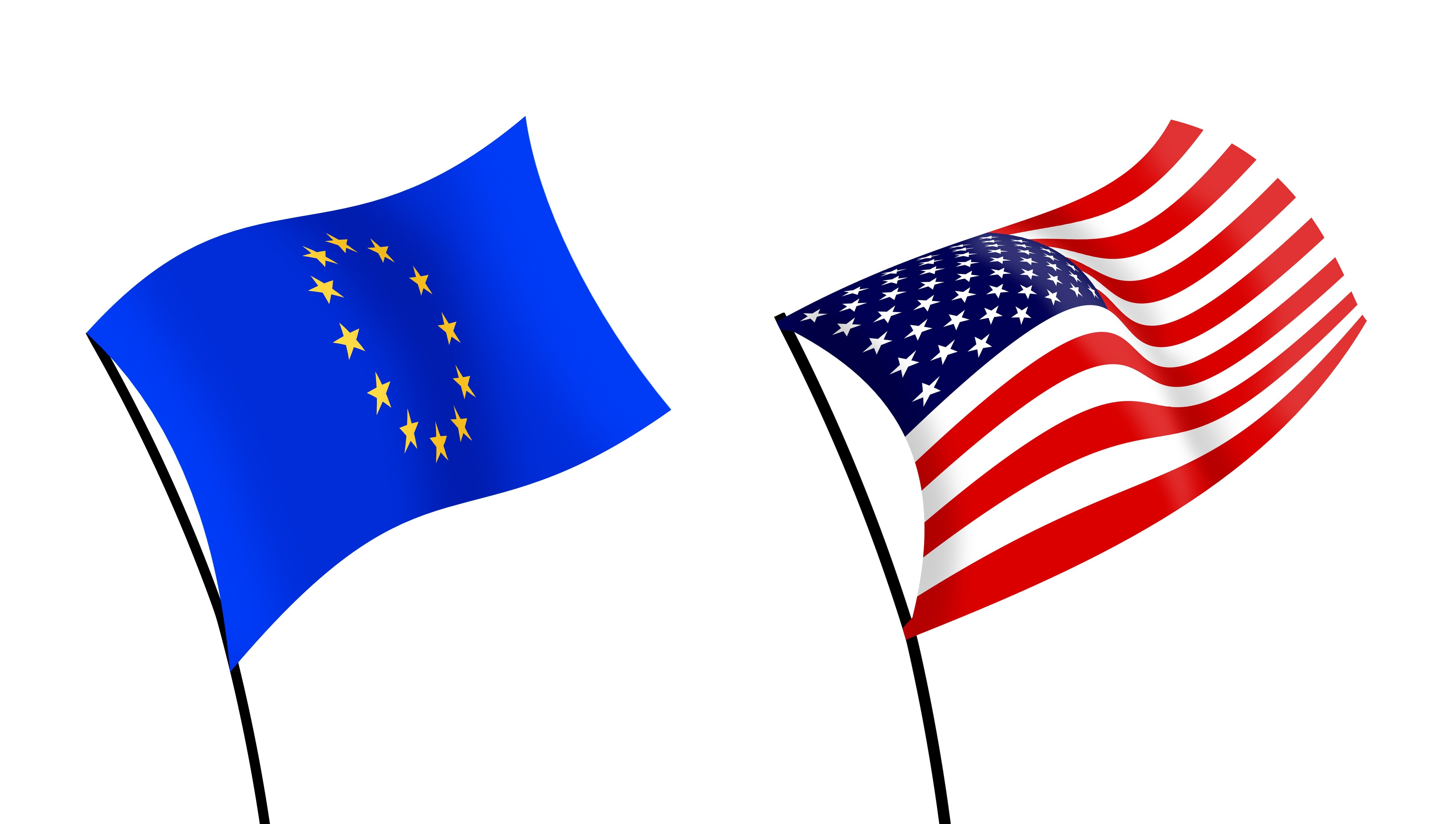

In a retaliatory move that’s reigniting transatlantic trade tensions, the European Union has announced a fresh wave of tariffs on USD 2.3 billion worth of American goods, a countermeasure to what it calls 'illegal' duties imposed by the US on EU steel and aluminium.

This move comes nearly six years after former President Donald Trump first ignited the trade spat by levying steep tariffs on imported steel (25 per cent) and aluminium (10 per cent) in 2018, citing national security concerns under Section 232 of the Trade Expansion Act. While the Biden administration has sought to soothe trade relations, the EU’s patience appears to have worn thin.
"The US has had ample time to remove these measures, which we believe are unjustified and in violation of WTO rules," said Valdis Dombrovskis, European Commission Executive Vice-President. "Our response is proportionate and necessary to defend the interests of European industry."
The newly reinstated EU tariffs target iconic American exports such as motorcycles, bourbon whiskey, and denim — a strategic and symbolic jab at key US industries and political constituencies.
The timing of this renewed tariff exchange is particularly striking. With both Brussels and Washington grappling with economic volatility, inflationary pressures, and a shifting geopolitical landscape, critics argue that escalating trade barriers could further rattle fragile global supply chains.
"This tit-for-tat approach risks undermining the very economic recovery both sides are trying to sustain post-pandemic," warned Chad Bown, senior fellow at the Peterson Institute for International Economics. "There needs to be a serious push towards resolving these issues through negotiation rather than brinkmanship."
American officials, for their part, have expressed disappointment. US Trade Representative Katherine Tai acknowledged the EU’s frustration but called for dialogue. "We remain committed to finding a cooperative path forward. The shared transatlantic relationship is too important to be derailed by unresolved disputes."
Yet on the ground, industries on both continents are bracing for impact. European steelmakers continue to struggle with overcapacity and cheap imports, while American exporters fear losing access to crucial EU markets.
"We're collateral damage in a geopolitical chess match," said Chris Spear, CEO of the American Trucking Associations. "What we need is certainty, not more tariffs."
Analysts say this latest development could serve as a litmus test for the durability of global trade alliances in an increasingly multipolar world. With China, India, and other emerging powers reshaping the dynamics of international commerce, the US-EU spat may serve as a cautionary tale about the perils of protectionism.
As the tit-for-tat tariffs take effect, the broader question remains: Can two of the world's largest economies find common ground — or are we witnessing a slow fragmentation of the post-war trade order?
For now, the answer lies not in policy statements, but in what comes next at the negotiating table.



Responses






